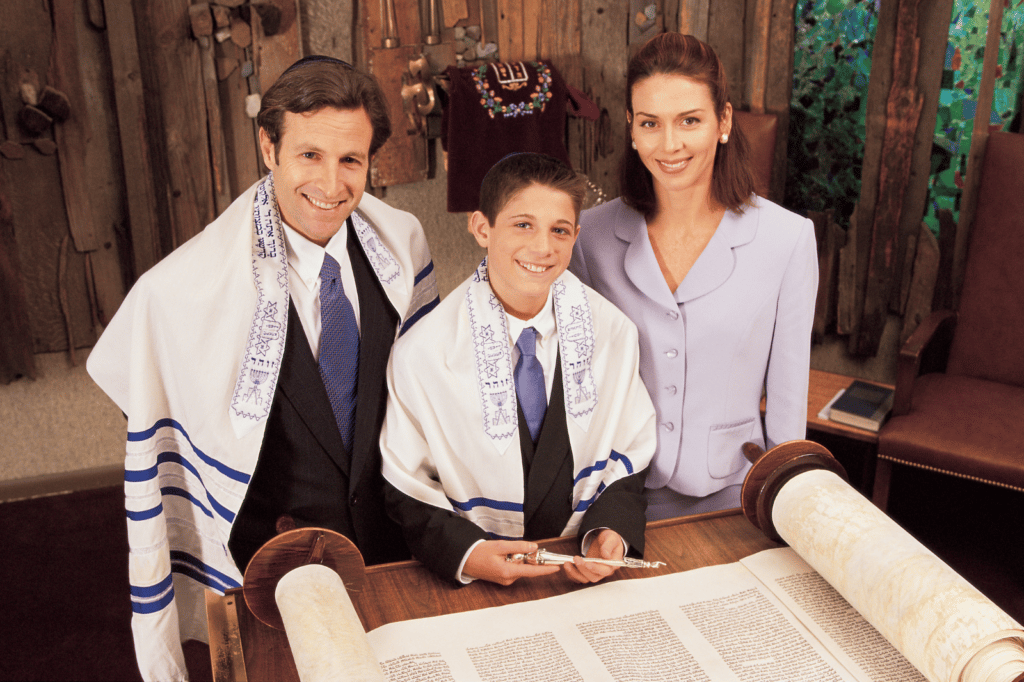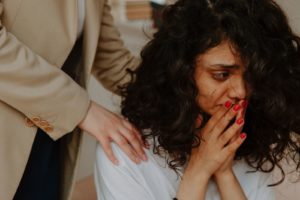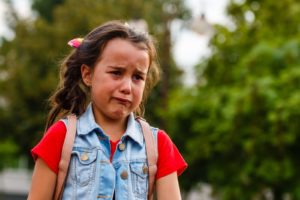Children are the future of the world and a reflection of the present, as well the environment they are raised in. They embody our hopes and dreams, and show us our fears as well as how our families’ ideas about life are accepted or rejected.
We know that genetics play a part in one’s temperament, but we also know that a child’s biography becomes their biography. This is where our hope lies for helping children to build resiliency skills. We have the power to shape children’s environments and to provide internal stability and confidence building through establishing stable routines, providing a safe living environment, and supporting children with opportunities for intellectual exploration and growth as well as emotional expression.
One of the ways we can shape children’s self-esteem is through engagement in cultural activities. These include ethnic, spiritual and family traditions. Cultural activities include, but are not limited to, rites of passage, celebrations of developmental milestones, birth and death related ceremonies and celebrations, and community celebrations. When children take part in these activities, they can celebrate what is considered valuable in their cultures, can create positive and long-lasting memories, and to solidify support systems. They also have opportunities to learn about the historical roots of cultural celebrations and strengthen their ties to their ancestry and ethnic roots. This is especially important for children of color in the U.S. who are often criticized about cultural behaviors and celebrations by outsiders who don’t understand them.
Cultural activities in the home which are typically embedded in daily activities give children a way to organize what is right and wrong, and to know what is healthy and who to trust in their communities. Storytelling about ancestors in the home gives children the opportunity to learn about these important familial influences and to ask questions about their lineage. Discussions between family members and children open a powerful dialogue that allows children to take pride in their background and to make informed choices about who they want to become as adults.
Once, a wise past mentor told me: “We don’t eat food, we eat culture.” This saying has stuck with me throughout my doctoral studies and well into my career as a behavioral health practitioner and administrator. From the selection and preparation of the food, to how we eat, when, and what the dining interactions looks like, mealtimes are wonderful times to solidify cultural traditions and to discuss them while bonding with children. Preparing meals as a family allows everyone take part and children benefit from the opportunity to develop life skills and to hear the kitchen stories that help them learn about their origins. Dinnertime is especially important as it allows children to connect with their caregivers and to process the events of the day through conversation at the table.
Furthermore, we learn a lot about wellness and self-care in our cultural traditions. We know that participation in religious and spiritual ceremonies enhances our mental health and well-being, and provides a way of looking at life that gives us strength during challenging times. Places of worship also offer a community where children can feel they belong and a way to find helpers and mentors. Spiritual and religious rituals allow us to achieve a sense of wholeness. This is very important in a world where children are often frightened and uncertain due to world events.
We know that participation in cultural activities grounds children and provides them with the chance to learn values, belonging, and helps them develop cultural pride. Unfortunately, in a world full of prejudice, strength in one’s cultural identity is needed and serves as a protective mechanism. This rich cultural knowledge helps us develop a strong core of our identity.
As a woman of color, I was profoundly affected by speaking another language at home as a child and learning about the hands-on healing traditions of my ancestors. I was so impacted by these experiences that I decided to dedicate my life to healthcare and the exploration of culturally appropriate healing in behavioral health services.










